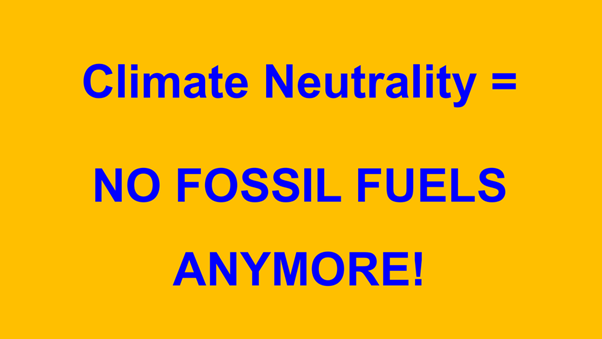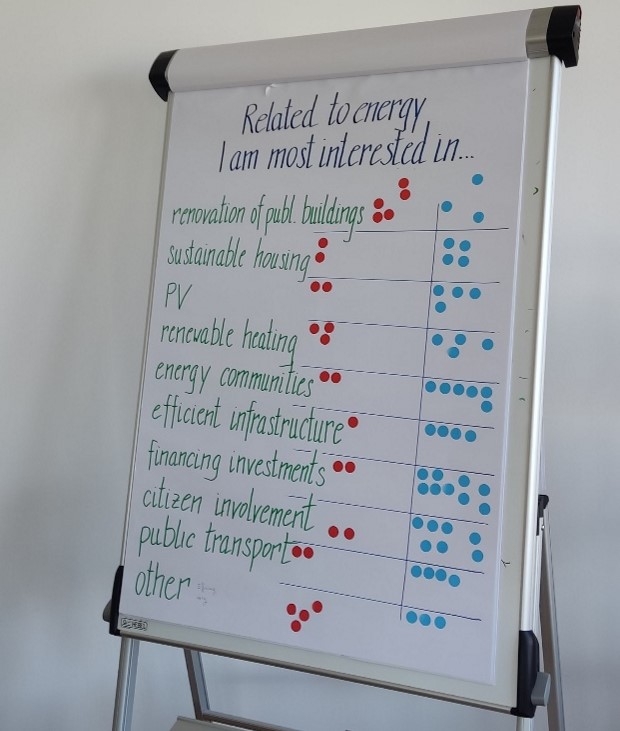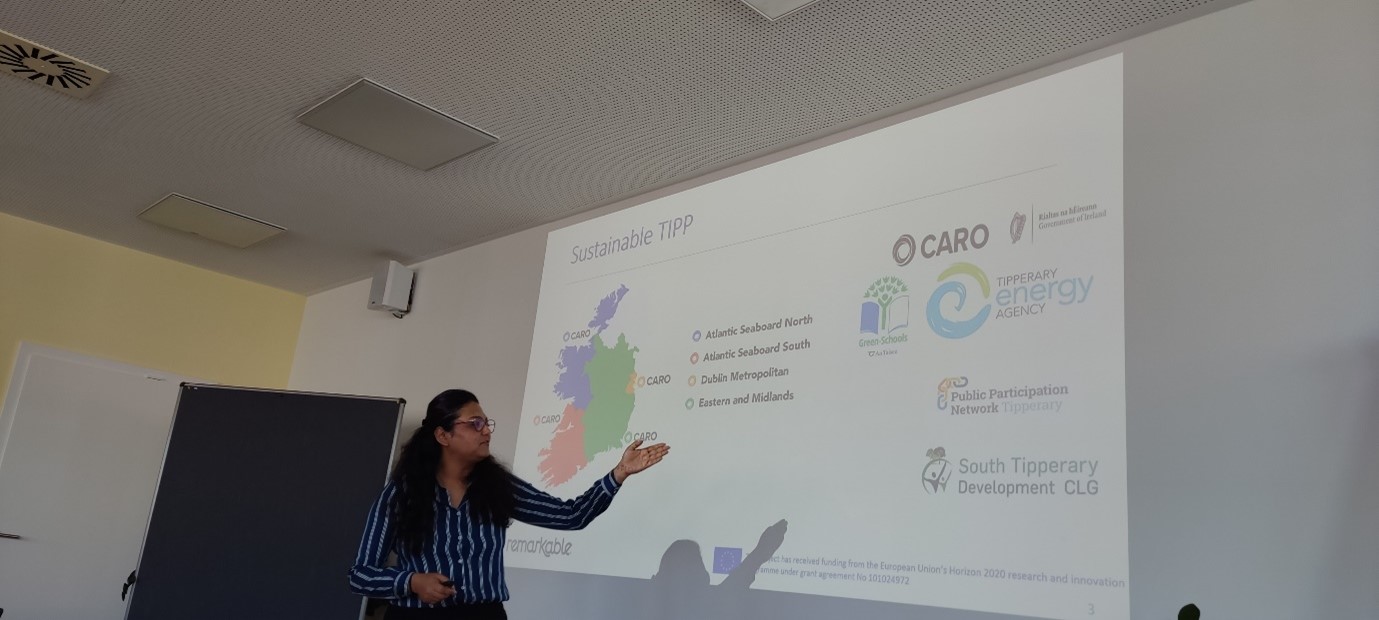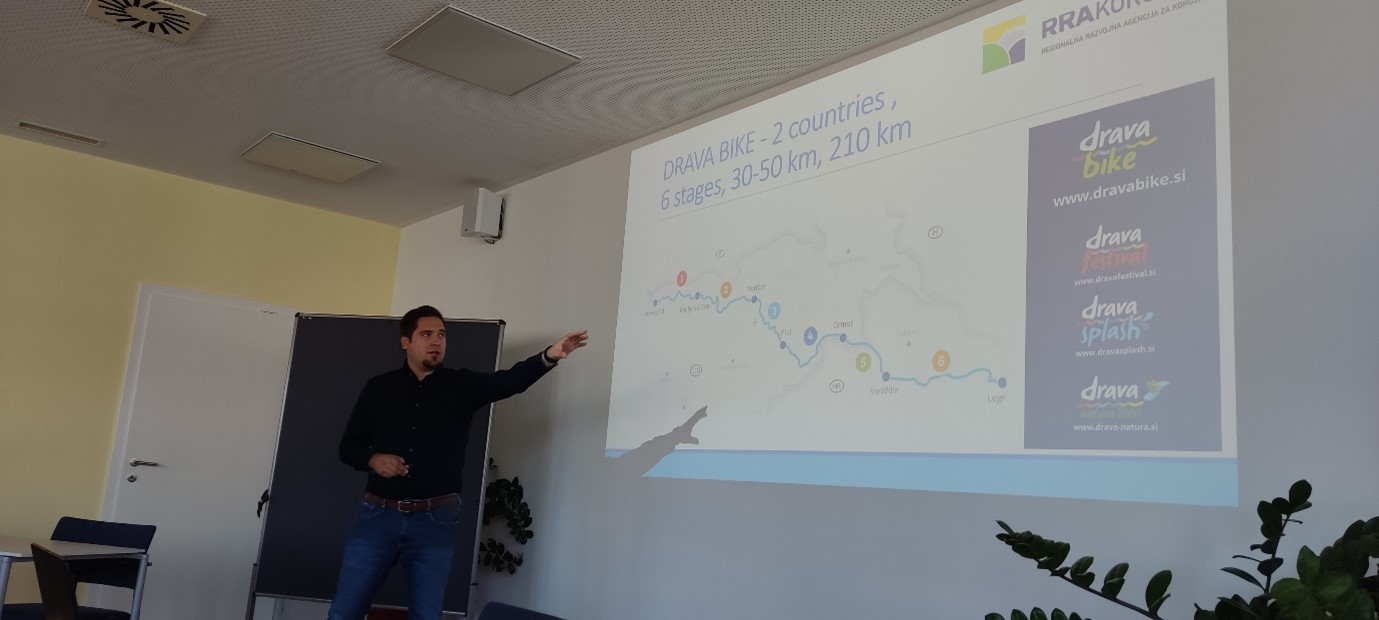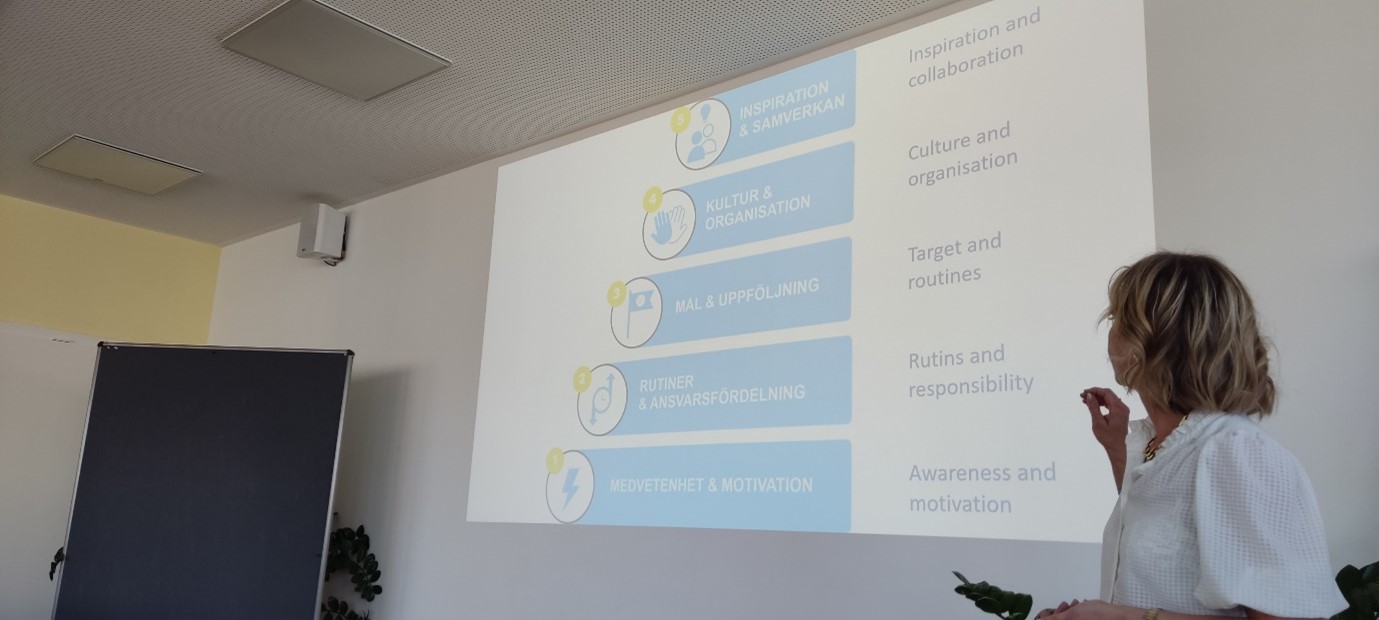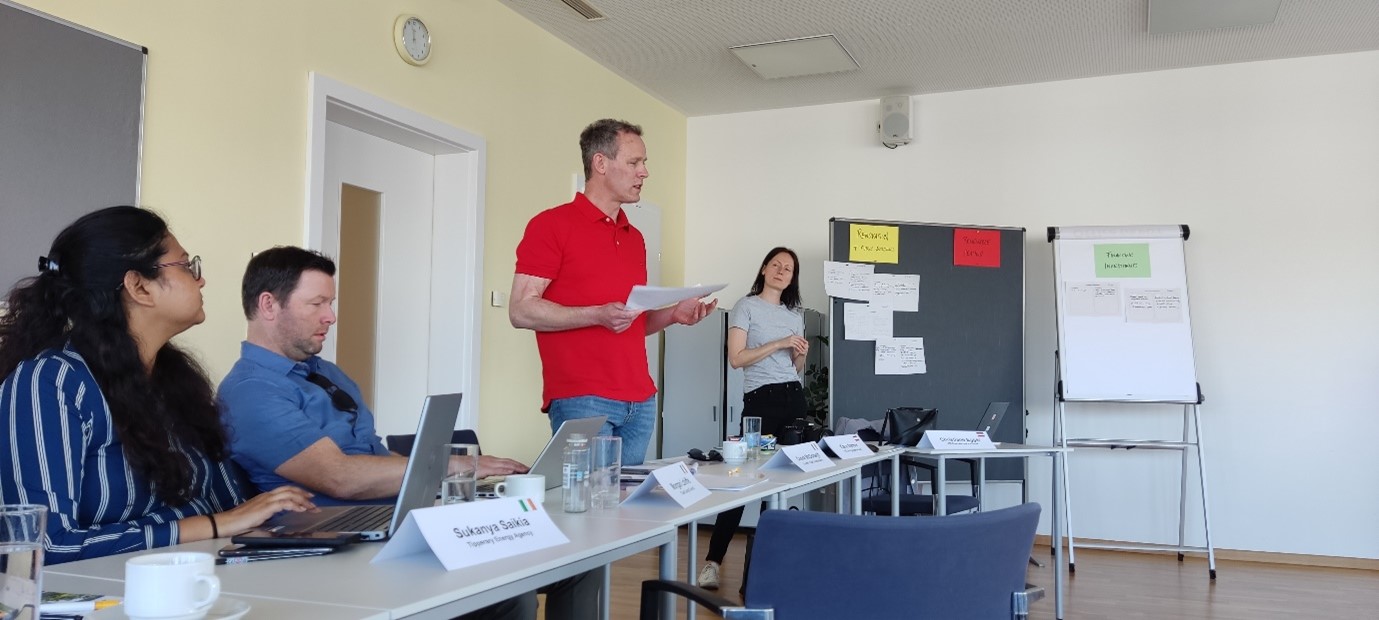31.05.2024
Initiatives and Good Practices from Different Parts of Europe by REMARKABLE Climate Leaders
All participants of the meeting of the REMARKABLE climate leaders project, which we wrote about last week, emphasized in their own way that a sustainable future for local communities means creating new (green) jobs, creating business opportunities and attracting investments in new businesses and modern infrastructure. This is the basis for the fight against (energy) poverty and strengthening the resilience of local communities, which increases their competitive advantage compared to places that are lagging behind in terms of sustainable development. In this context, energy agencies take care of promotion and development in the field of energy transition, offer services for individuals, companies, and public institutions – consulting, information, training, networking of key stakeholders, research, etc. Municipalities, on the other hand, act primarily as a catalyst for change.
The representative of the Croatian city of Križevci highlighted an ambitious plan for the city’s energy independence, which foresees the installation of photovoltaic panels with a total power of 30 MW by 2030. The representative of the Irish county Clare highlighted agricultural activities, especially animal husbandry, which are responsible for 45% of carbon emissions, as the main challenge for the transition to a sustainable future. He also highlighted sustainable tourism as a local development priority, and presented an example of good practice of a modern high-energy-efficient Cliffs of Moher visitor centre. A representative of the Tipperary Energy Agency shed light on the importance of close cooperation with key stakeholders at the local level and briefly presented their methodology for dealing with the challenges in this area. The representative of the coordinators of the REMARKABLE project, Technical University of Shannon, presented their efforts to integrate content for sustainable development into any higher education curricula or educational modules, and praised the program Introduction to the EU Sustainable Development Goals, which they offer to their students as part of standardized digital educational content.
A representative of the French energy-digital agency Syane highlighted “le bon sens paysan”, which can be translated as “peasant’s common sense”, as a key factor for a successful transition to a sustainable future. He also added that the concept of “development,” which is an integral part of the dominant narrative about a sustainable future, is problematic, and proposed the concept of “care” or of “responsible management” as a more appropriate alternative in talking about and planning for a sustainable future. Another representative of France, from the municipality of Messimy, presented an initiative to activate the local community to preserve and restore biodiversity, specifically using storytelling related to trees in the local environment. In this context, trees represent a symbol and empathy reference point for the engaged citizens, and last but not least, a symbol of threatened biotic ecosystems plagued by the consequences of climate change, such as heat waves, pests and poor (or non-existent) spatial or urban planning. The representative of the energy agency Aura-EE highlighted the cooperation with ADEME, the French national agency for ecological transition, which recently started implementing the program ‘Elected for Action’ (Élus pour agir) as the latest French example of good practice. The initiative is related to the REMARKABLE project, and its goal is to engage as many as 10,000 local leaders by 2025 so that they better understand the challenges of the ecological and energy transition and, as a result, more effectively implement measures at the local level.
As a key challenge on the way to climate neutrality Slovenian representatives highlighted the carbon footprint of buildings. The director of the Energy and Climate Agency of Podravje, including the mayor of the municipality of Selnica ob Dravi, praised their climate adaptation and climate neutrality One Stop Shop service available to municipalities and other key stakeholders as support for adopting strategies and implementing the necessary measures. The mayor of Radlje ob Dravi highlighted the importance of creating conditions for good quality life of the local community and reinforced this with the examples of sustainable management of forests, which he highlighted as a basis for the development of sustainable tourism in their municipality, as well as the safe commuting of children to school, in the near future also with electric buses. As the last Slovenian contribution, the representative of Regional Development Agency for Koroška presented the Drava Bike project, which connects cycling routes along the Drava River and is considered an exemplary example of trans-national development of sustainable tourism.
The representatives of Sweden highlighted many advanced and ambitious aspects of their vision for sustainable future, including the end to use of fossil fuels for electricity production by 2040, the largest onshore wind farm in Europe, decarbonization of logistics chains (minimization of land transport by replacing trucks with electric ships), supporting the use of public transport and bicycles to reduce dependence on cars, and the development of a zero-emission steel industry. The representatives of Spain each presented the developments for sustainable future of their country. Particularly interesting was the contribution of the representative of the Catalan energy institute ICAEN, emphasizing the importance of energy certification of buildings on the example of the TIMEPAC project, an initiative related to the crossCert project.
Despite the variety of topics covered, all presentations have at least one common point – the local leaders. These are key to achieving the energy efficiency goals for Europe’s climate neutrality. The REMARKABLE project focuses on developing their capacities to understand science-based orientations and climate policies, implement measures to deal with climate change, and measures to achieve EU climate neutrality by 2050 or earlier at the latest. The project takes place under the auspices of the EU Horizon 2020 program from 2021 and ends in August this year. IRI UL representatives, as experts in the field of transdisciplinarity and interactive research-collaborative processes, are responsible for supporting project partners in interaction with their key stakeholders and monitoring the effects of the project using adapted ethnographic methods. Follow us and the REMARKABLE project on Twitter and LinkedIn!
